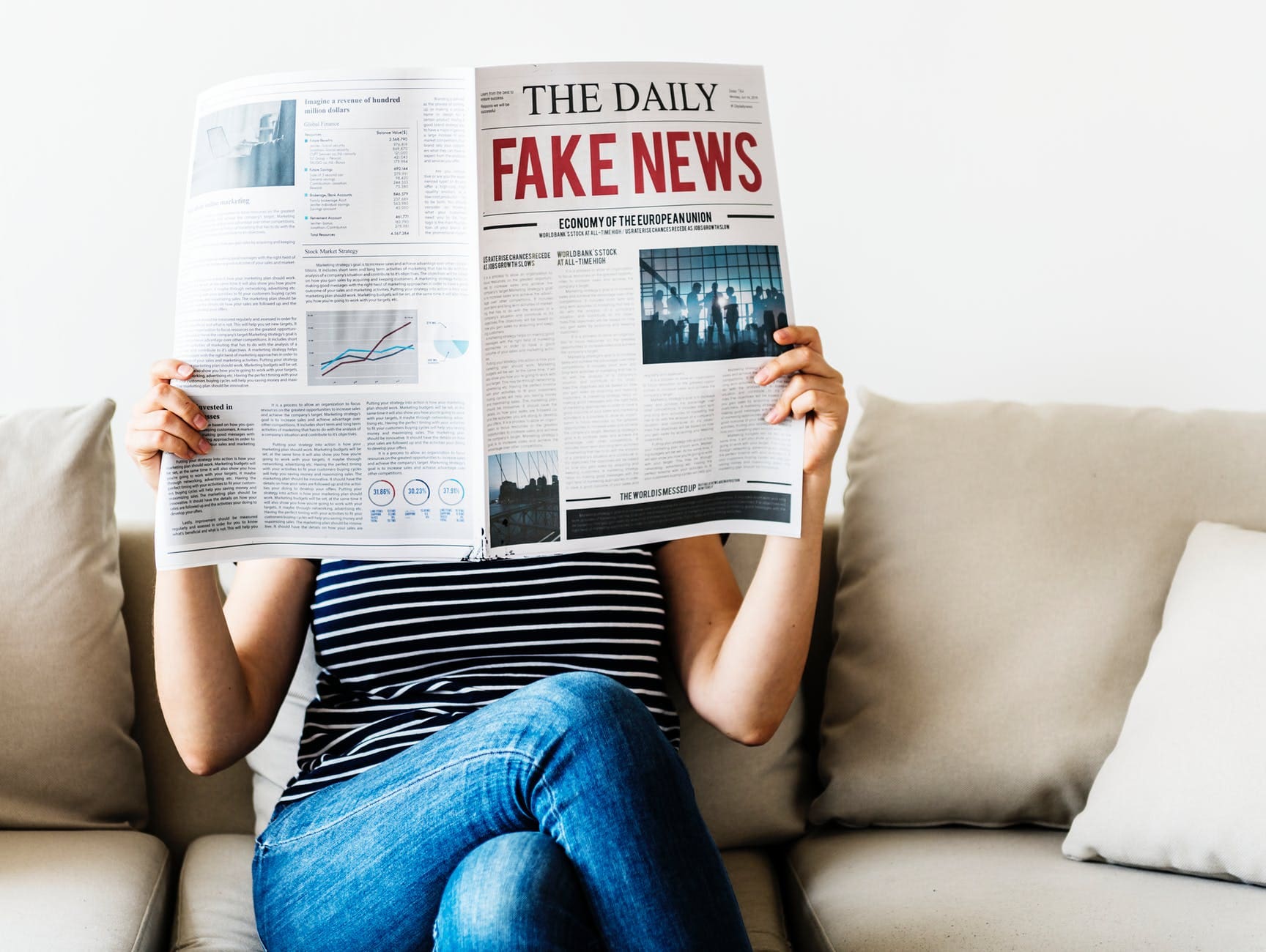This year “fake news” graduated from Collins Dictionary’s “word of the year” to a prompt for worldwide democratic safeguards. The term was used to justify NGO mission statements, legislative proposals in France and Brazil, and research labs at Harvard. In response to commercial pressure, Facebook is due to launch an Australian fact-checking unit before the federal election next May. But why were we so slow on the uptake? Our government is not in a hurry to fund independent fact-checking bots, or to revise news literacy education.
We rely on true information to shape our choices and judgements in a democracy. That is why it is concerning that 65% of Australians agreed that “I am not sure what (news) is true and what is not” in this year’s Edelman Trust Barometer. What’s more, 67% of Australians are worried about fake news being weaponised.
But it is important to distinguish actual ‘fake news’ – the creation of false news for profit or political agenda – from the derisive deflection term pioneered by Donald Trump.
Using misinformation to undermine the electoral process is a world trend. Australia is not immune. Days before the Wentworth by-election last month, a false email was circulated defaming Independent candidate Kerryn Phelps. The anonymous email claimed she had withdrawn from the election due to a HIV diagnosis and urged voters to ignore her name on the ballot. This type of partisan fake news is a reality of Australia’s politics, says PricewaterhouseCoopers Partner and media specialist Megan Brownlow. But, ironically, the government is not that interested. Katelin McInerney from the Media, Entertainment and Arts Alliance says there are “far more pressing issues that the Parliament should be addressing,” like defamation and protections for whistle-blowers. These are real concerns. Australia’s media landscape is choc-a-bloc with the NBN saga, anti-encryptions laws, and new innovation fund for regional and small publishers.
So far, “the commercial world has been much more interested [in anti fake news measures] than government,” says Brownlow. When Facebook’s share prices plummeted in the wake of the Cambridge Analytica scandal, Wall Street was punishing them. When advertisers “white-list” and “black-list” acceptable host websites, they refuse to associate with untrustworthy media. When Sleeping Giants activists notify companies whose ads are displayed alongside hoaxes, they are holding platforms to account. Why? Because trust is money and fake news is a corporate liability. Brands are paying attention to the veracity of online platforms, and that may be our best bet. “If you hit a business in its hip pocket, that will change behaviour faster than government intervention,” says Brownlow.
But can the business world do it all alone? Government also needs to step up, says former International New York Times editor Tamar Shiloh Vidon, “but not by passing laws that limit freedom of speech.” Instead, governments should encourage and partner with platforms to support non-partisan fact-checkers and news literacy education. At least in this area, Australia may have taken the first step.
A first-of-its-kind investigation into the tech giants is currently underway by the Australian Competition and Consumer Commission (ACCC). The ACCC is empowered to threaten tech companies with criminal sanctions for non-compliance, making its inquiry a worldwide first. The report will cover the collection of personal data and costs to legacy media; Google and Facebook now account for roughly 75% of total Australian online advertising expenditure. The draft report is expected next week.
But aside from the ACCC report, fake news has been sidelined by government. This seems unlikely to change. But fake news is just one aspect of a broader crisis in trust. Australian trust in the media is at a record low of 31% – second only to Turkey in the Edelman Barometer – and our faith in all public institutions is steadily declining. The bigger picture is complex and evolving. But one thing is certain – news literacy is now a precious asset. While business, good journalism and, yes, government, must collaborate and adapt, the gaps must be filled by news consumers – seek reliable journalism, seek context, and seek opinions from outside of your own circles of influence.





